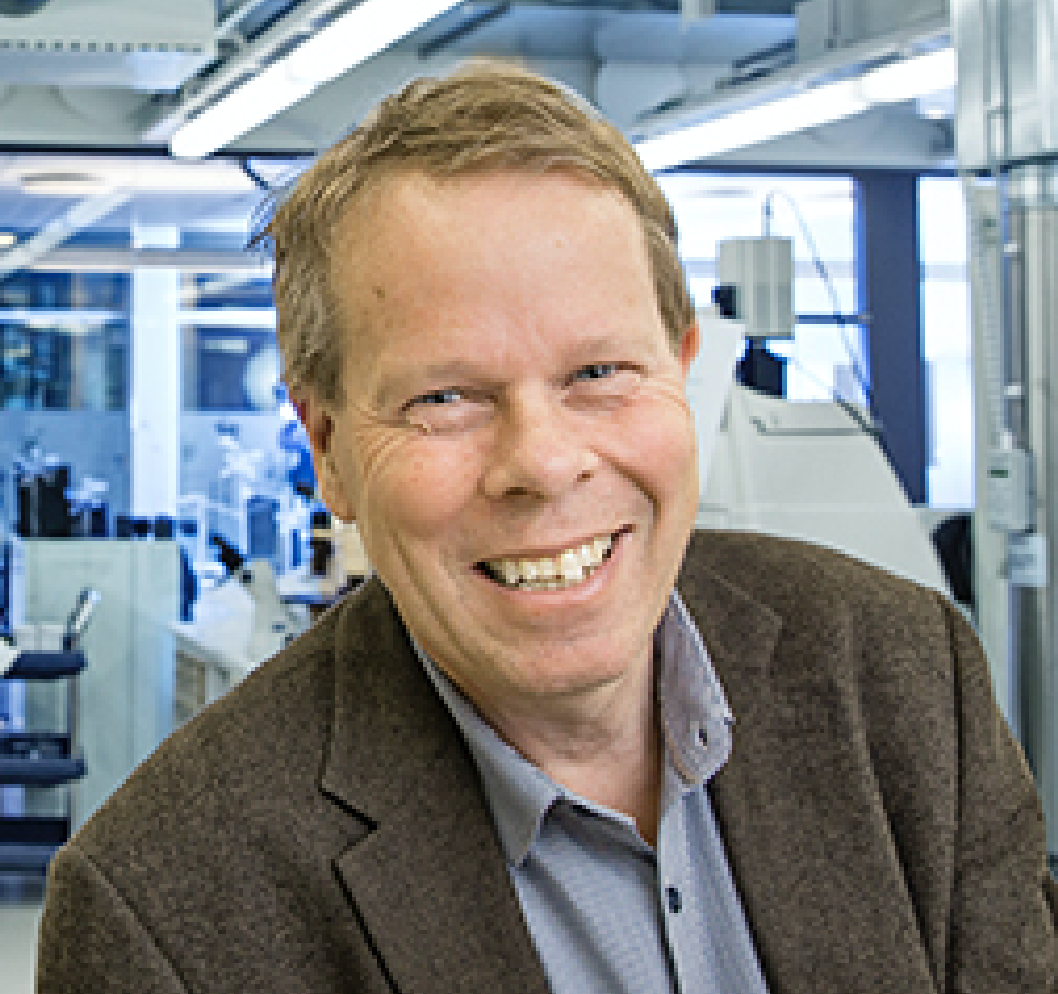Mathias Uhlén
Research interests
His research is focused on protein science, antibody engineering and precision medicine and range from basic research in human and microbial biology to more applied research, including clinical applications in cancer, infectious diseases, cardiovascular diseases, autoimmune diseases and neurobiology. The research has resulted in more than 750 publications. His group was the first to describe a number of innovations in science including:
- Affinity-based protein engineering. This broad concept was developed to use specific binding of proteins (affinity) in combination with protein engineering and it has led to many successful applications widely used in the life science community. As an example, most cancer patients in the world treated with therapeutic antibodies are treated with a drug purified using an innovation from the group.
- Sequencing by synthesis. This concept involves the detecting of the incorporation of nucleotides in during synthesis by a DNA polymerase and to use this for DNA sequencing. The concept, first described in 1993 by Uhlen and coworkers, is now used in a vast majority of major “next generation sequencing” systems, such as Illumina, MGI and Pacbio.
- Map of the human proteome. The Human Protein Atlas (www.proteinatlas.org) program started in 2003 with the aim to contribute to the holistic understanding of all the proteins encoded from our DNA. The open access resource has launched more than 5 million web pages with 10 million high-resolution microscope images and it is today one of the most visited open access biological resources in the world.
- Protein–based precision medicine. Several analytical platforms have been developed to allow the determination of protein profiles from a small drop of blood. Quantitative data was obtained using mass spectrometry-based technology as well as antibody-based proximity extension assays. The concept has been used to generate an open access Human Disease Blood Atlas with the ambition to cover tens of thousands of patients having various diagnosis, such as cancer, autoimmune, neurodegenerative, infectious and cardiovascular disease, respectively.
The national infrastructure Science for Life Laboratory (SciLifeLab) was launched in 2010 with funding from the Swedish government to allow technology- and data-driven research and to support Swedish research in life science. Dr Uhlen was the Founding Director from 2010-2015. The number of researchers has grown to more than thousand only at the Stockholm site.
Group members
- Linn Fagerberg, scientist
- Åsa Sievertzon, scientist
- Kalle von Felitzen, bioinformatics
- Per Oksvold, bioinformatics
- Mattias Forsberg, bioinformatics
- Martin Zwahlen, bioinformatics
- Fredric Johansson, bioinfomatics
- Richard Tjörnhammar, post-doc
- Maria Bueno Alvez, graduate student
